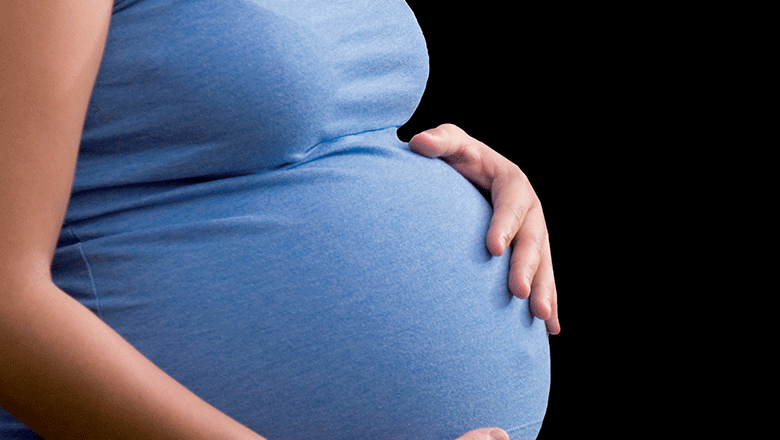Search
Showing results for "Au"

News & Events
Maternal vaccination boosts battle against whooping coughThe Kids Research Institute Australia have welcomed the announcement by Health Minister Dr Kim Hames that whooping cough vaccination is to be provided free

News & Events
Vitamin D linked to healthy Fetal developmentThe important role of vitamin D in early development is the focus of research that has uncovered links between vitamin D levels and healthy growth of the baby d
News & Events
Perth trial begins on investigational Golden Staph vaccinePerth researchers are calling for volunteers to help test an investigational vaccine against Staphylococcus aureus (golden staph).

News & Events
WATCH: Webinar on youth gamblingProfessor Jonathan Carapetis hosts the webinar alongside MP Kate Chaney and Dr Vincent Mancini
Research
Environmental microbial exposure and protection against asthmaThis article looks at the clinical implications of the research into microbial exposure & protection against asthma.
Research
Innate affairs of allergensActivation of receptors of the innate immune system is a critical step in the initiation of immune responses.
Research
Mother's love for bacterial babies: the commitment of Audrey Michael, Mition Yoannes and Tilda Orami to medical researchFace-to-face interviews were conducted with all three women for the purpose of profiling women who are leaders in health and medicine in Papua New Guinea.

News & Events
Supporting Families ProjectProudly funded by a Telethon Trust Research Grant, the Supporting Families project started in 2024 with the aim of co-designing a new clinical pathway for children with early stage type 1 diabetes (T1D).

News & Events
Type 1 diabetes National Screening Pilot launches in WADid you know that 9 out of 10 children diagnosed with type 1 diabetes have no family history of the condition?

News & Events
Exercise summit wrap upThe Children’s Diabetes Centre recently held summits for young people with Type 1 Diabetes to get their input into the development of new exercise guidelines.
